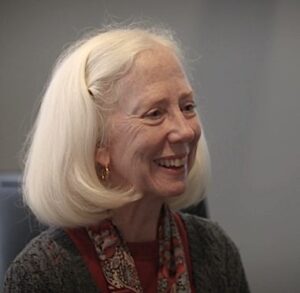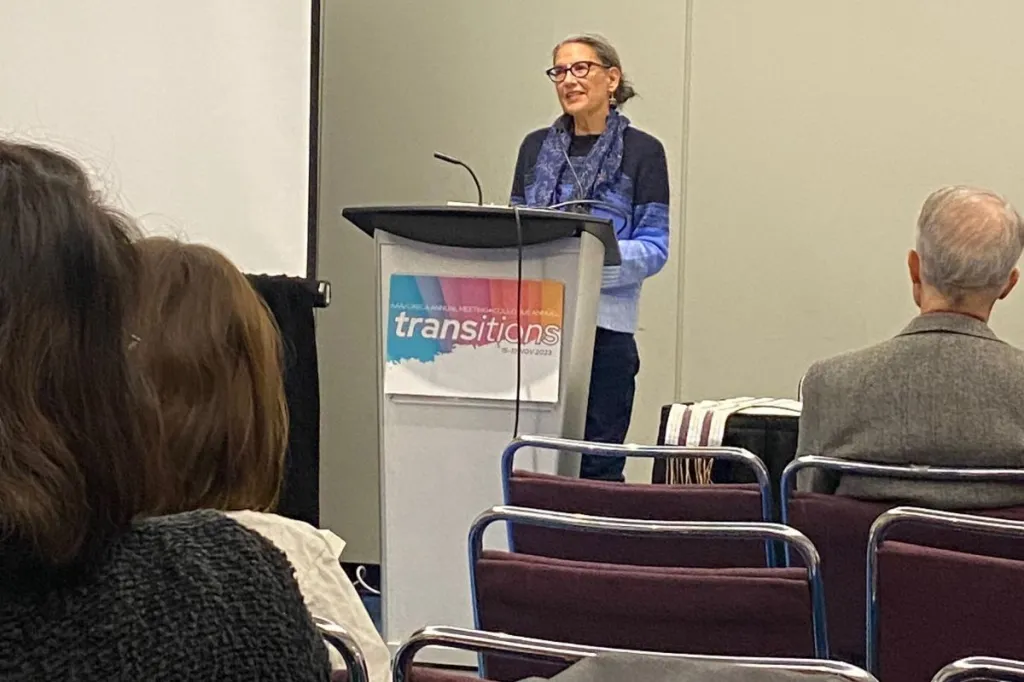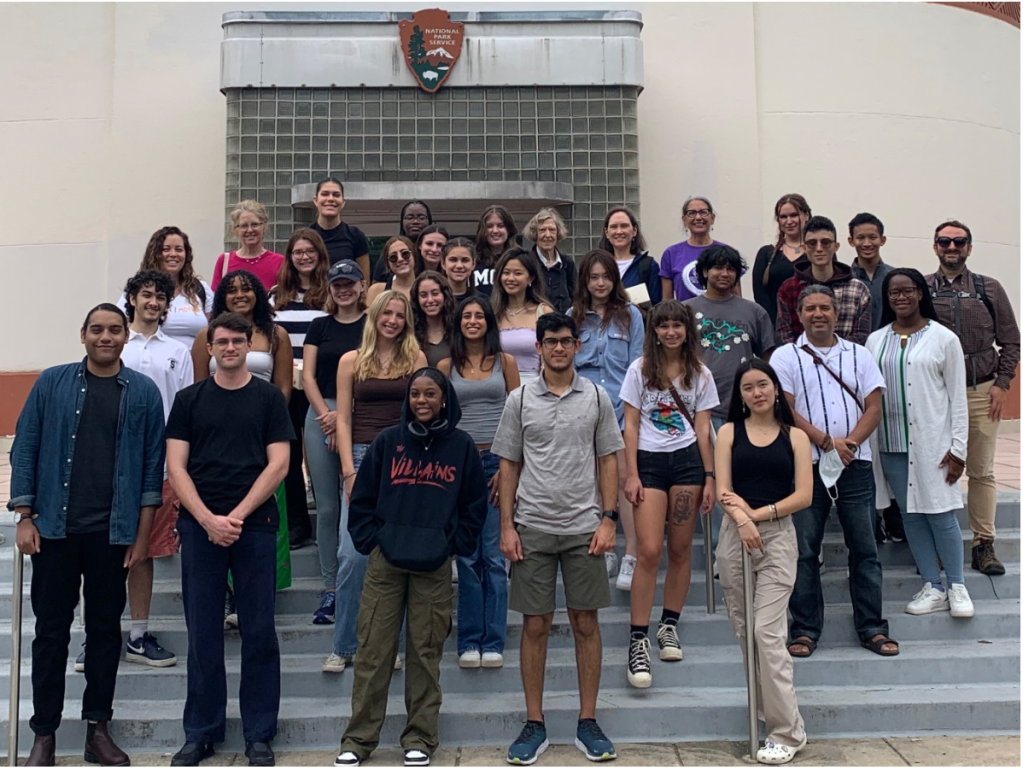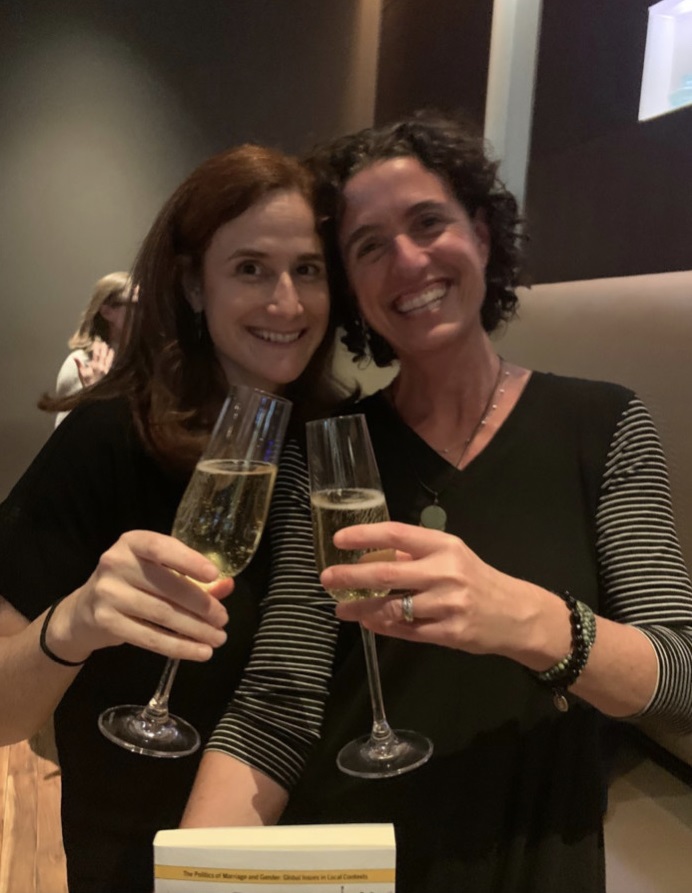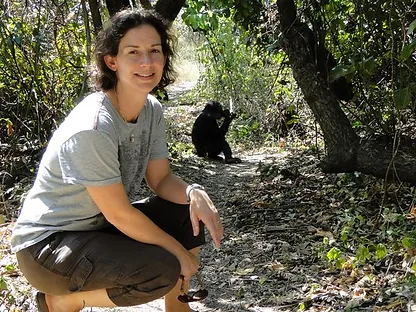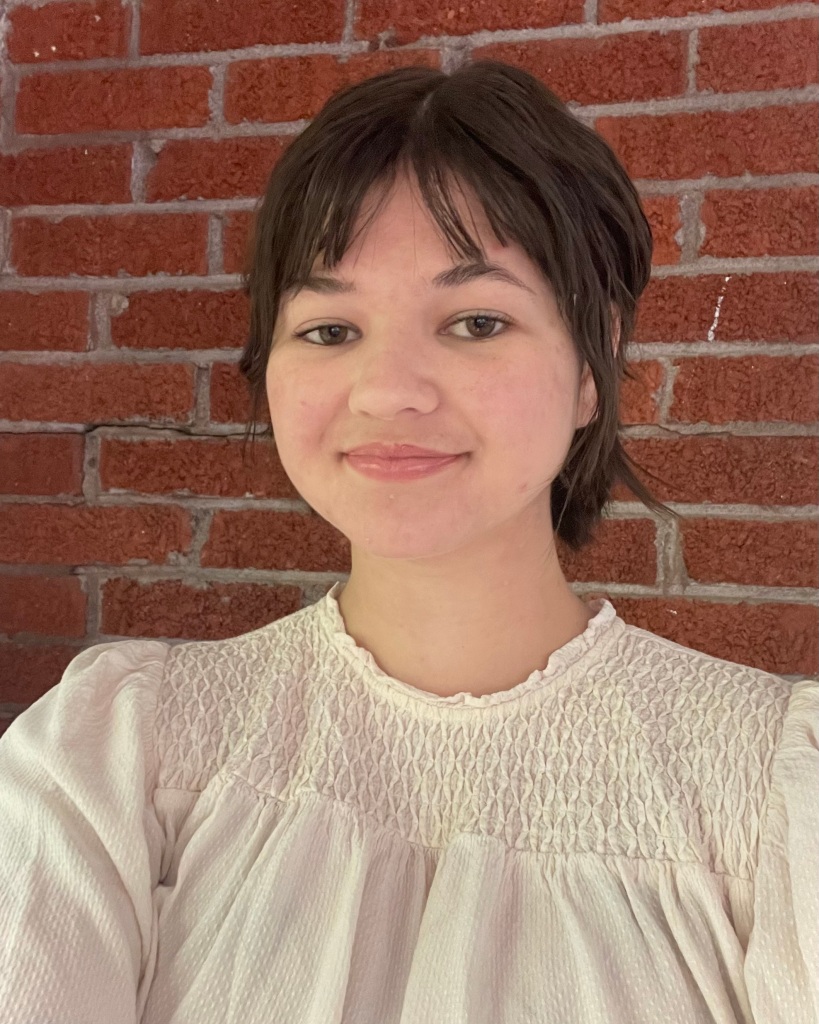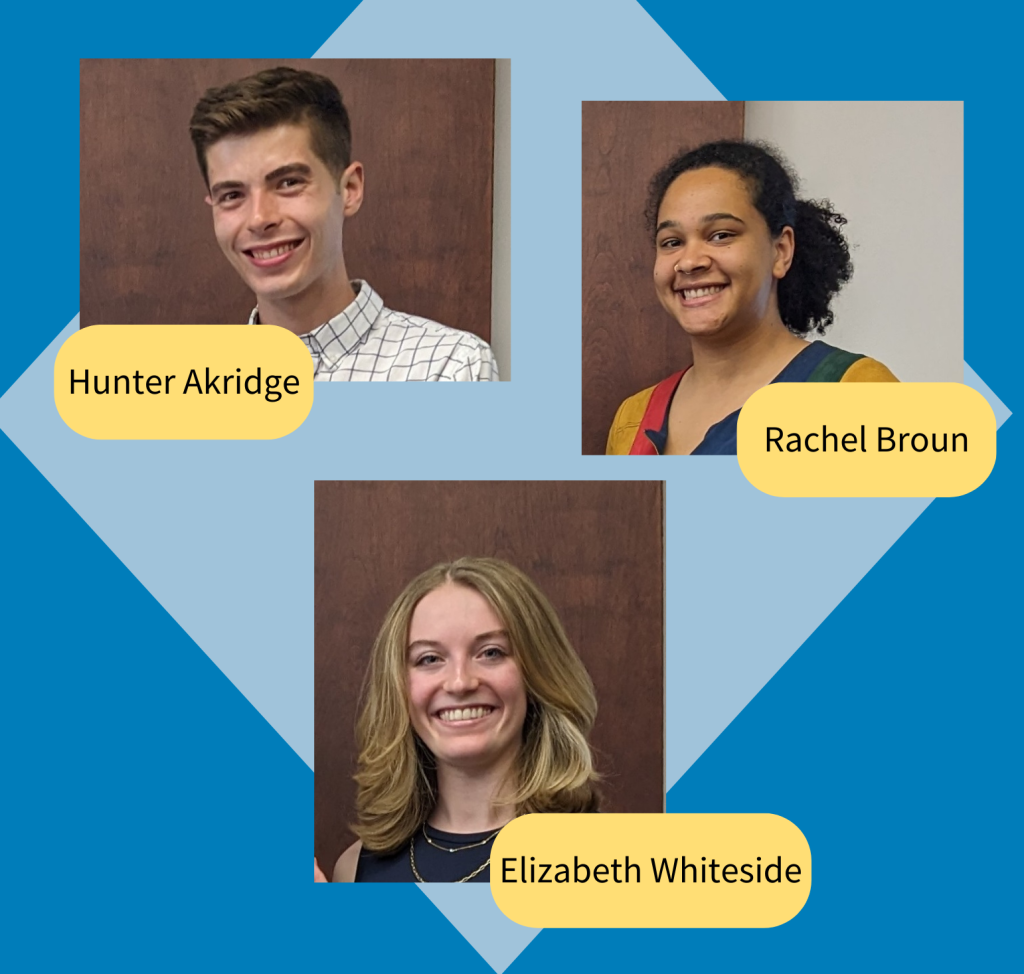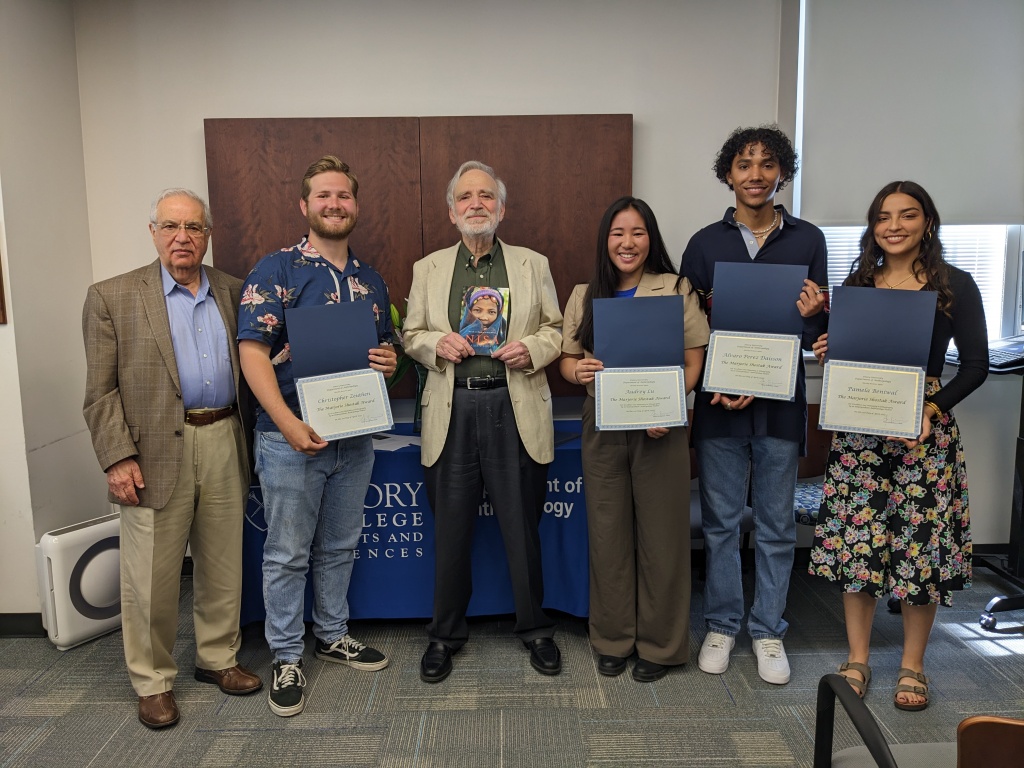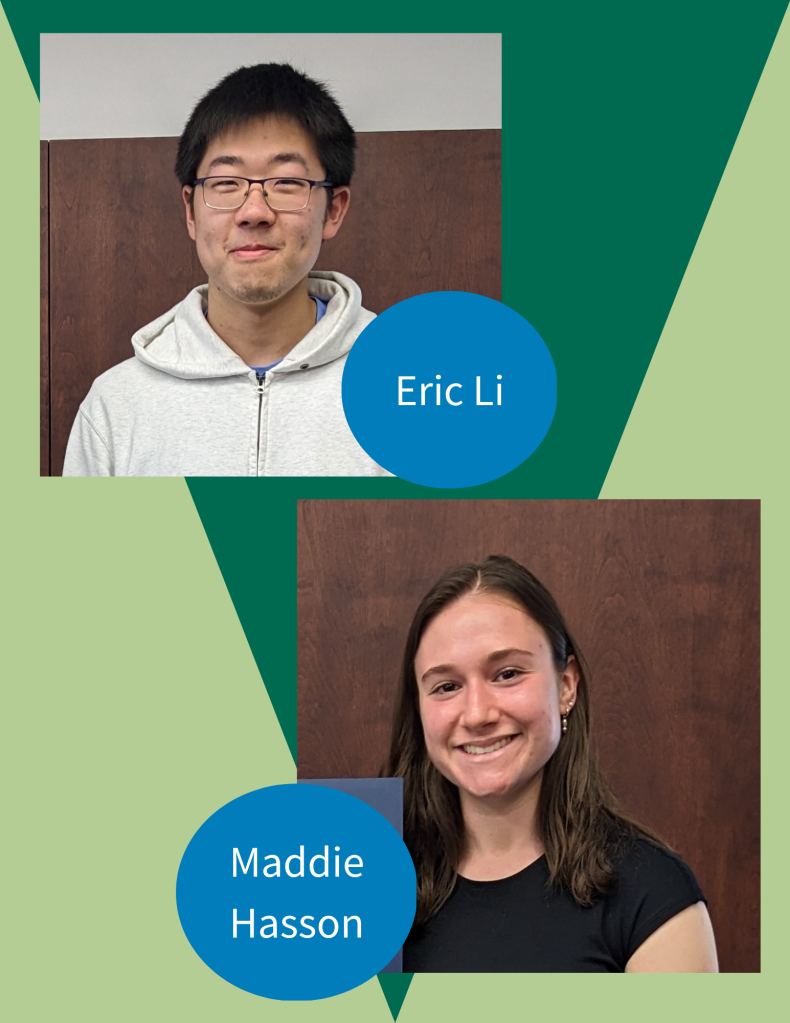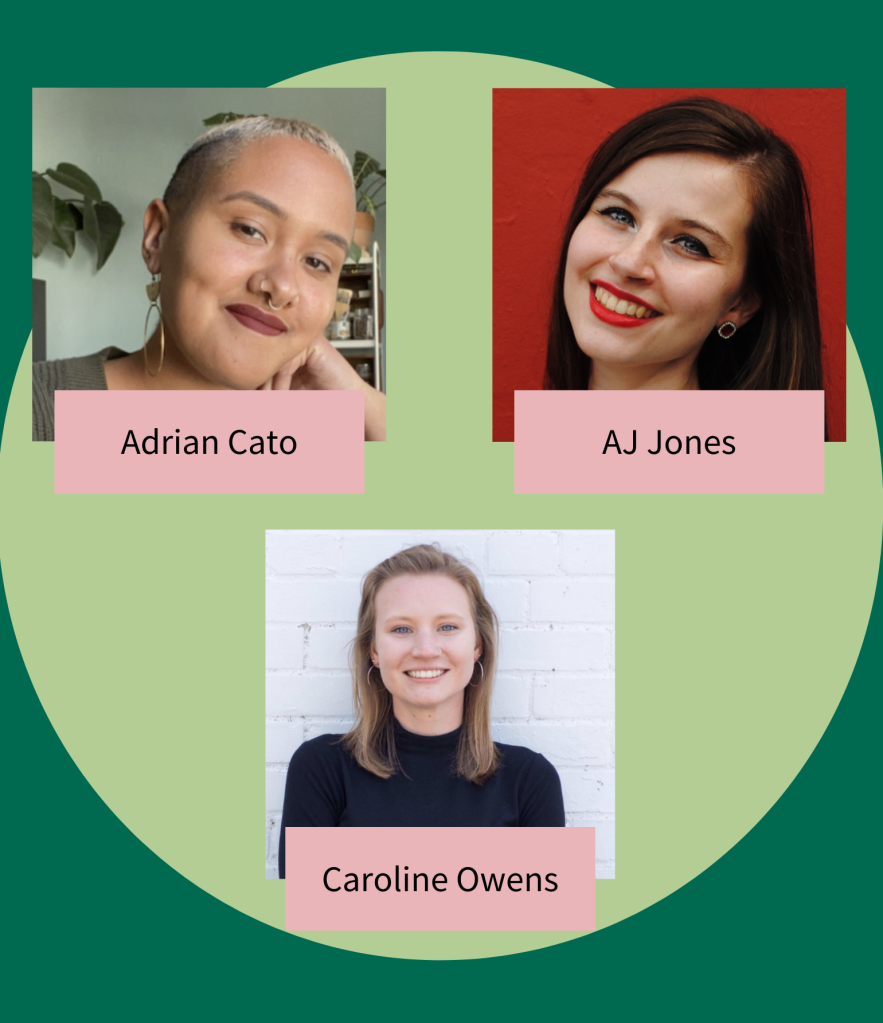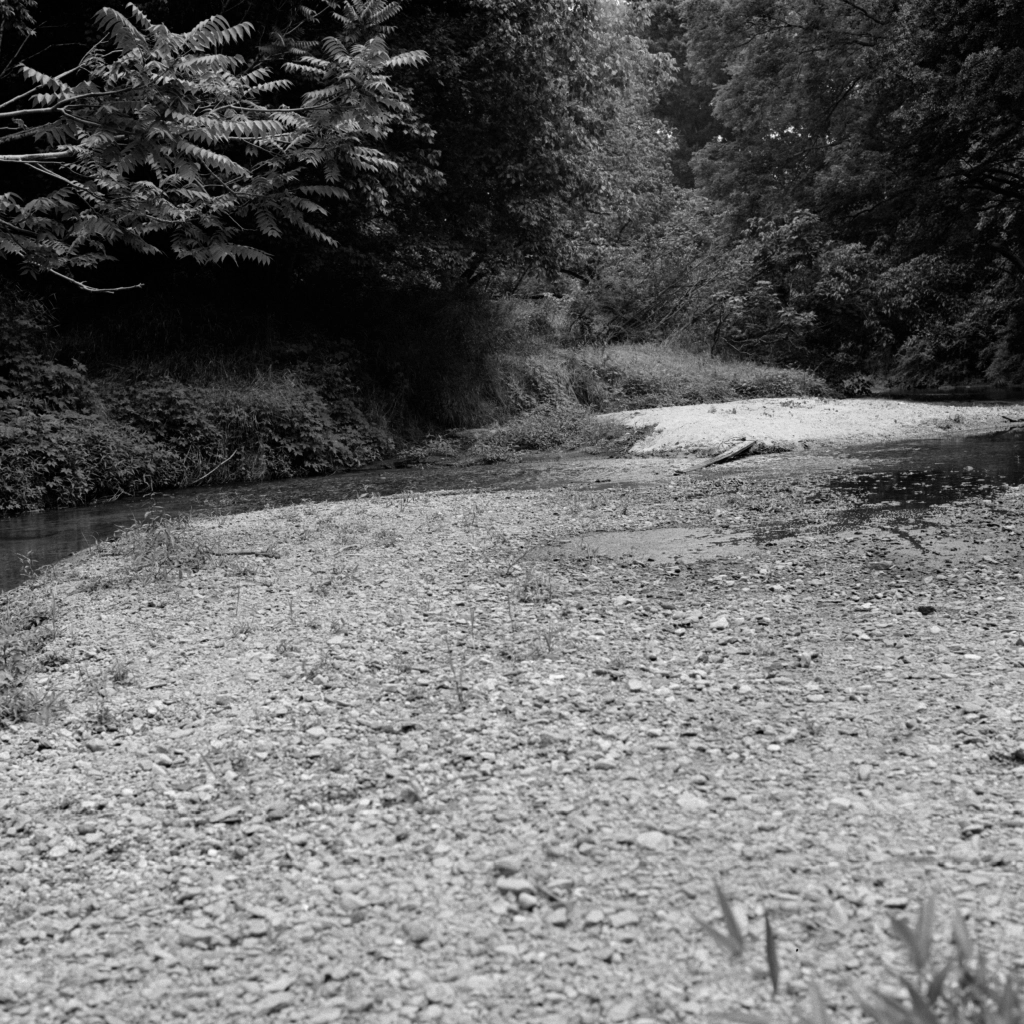
The Anthropology department just celebrated the opening of “Ways of the Atlanta Forest,” an exhibition of photographs by one of our PhD candidates, Sasha Tycko (C’19). The exhibition is based on Tycko’s dissertation research, which focuses on the life of the “Atlanta forest,” the site of intense conflict over the City of Atlanta’s plan to build a police training complex known as “Cop City.” Over two years, Tycko lived and worked in the forest, using a range of media, including analogue photography, to explore how the abandoned forest landscape—formerly the site of a city prison farm and a slave plantation—motivates new articulations of history, nature, and ethics. Working with the visual language of landscape photography, Tycko’s photographs cast the landscape as a layered repository of history and imagination.
This exhibition inaugurates the Department of Anthropology’s new exhibition space, which is meant to foster dialogue across campus and stimulate debate about what might constitute an engaged anthropology.
There will be a public discussion about “Ways of the Atlanta Forest” between Sasha Tycko and Jason Francisco (Film & Media, Visual Arts) on March 19th, from 1:00pm – 2:30pm in Anthropology building room 206. All photographs are gelatin silver prints handmade by Tycko in Emory’s chemical darkroom.
Sasha Tycko also recently published an essay based on her dissertation research, “Not One Tree,” in n+1 magazine.

